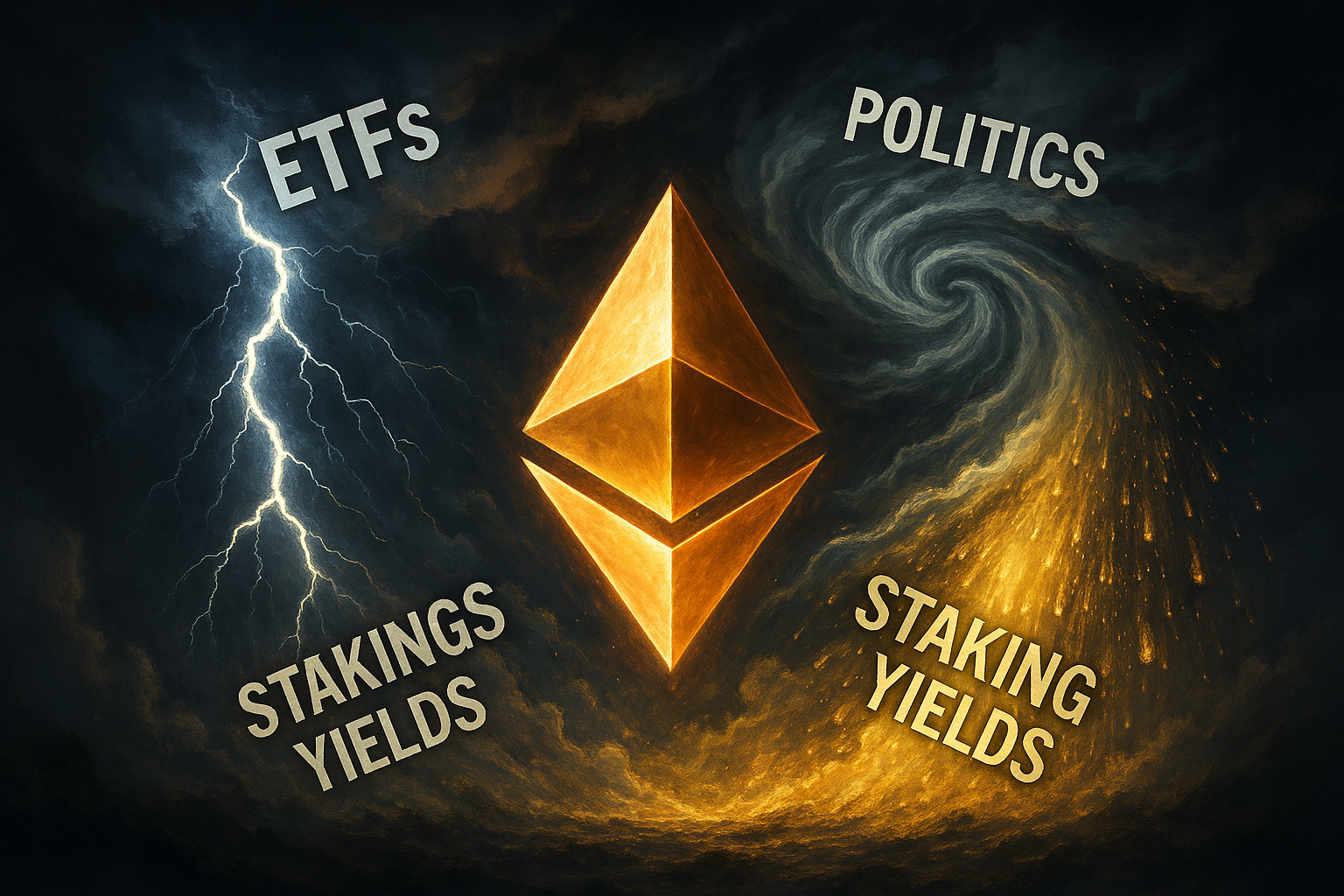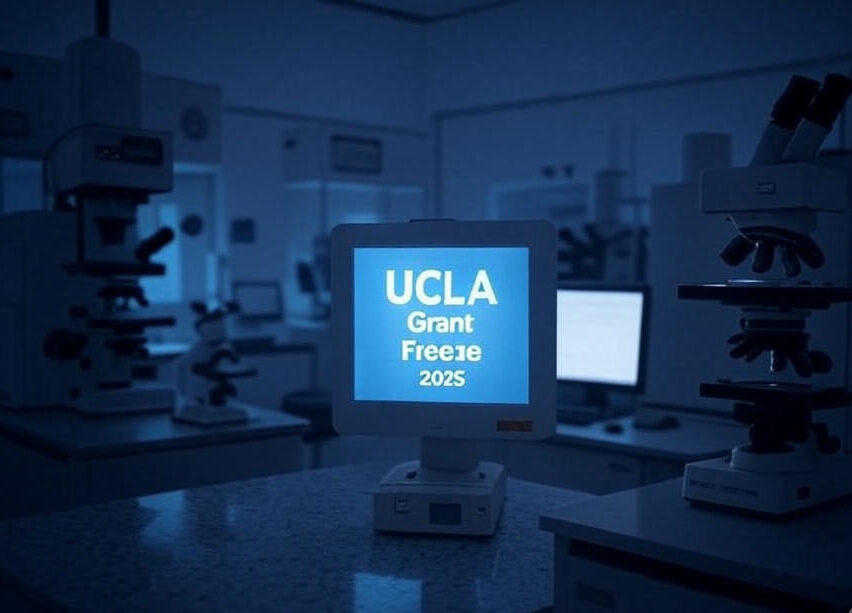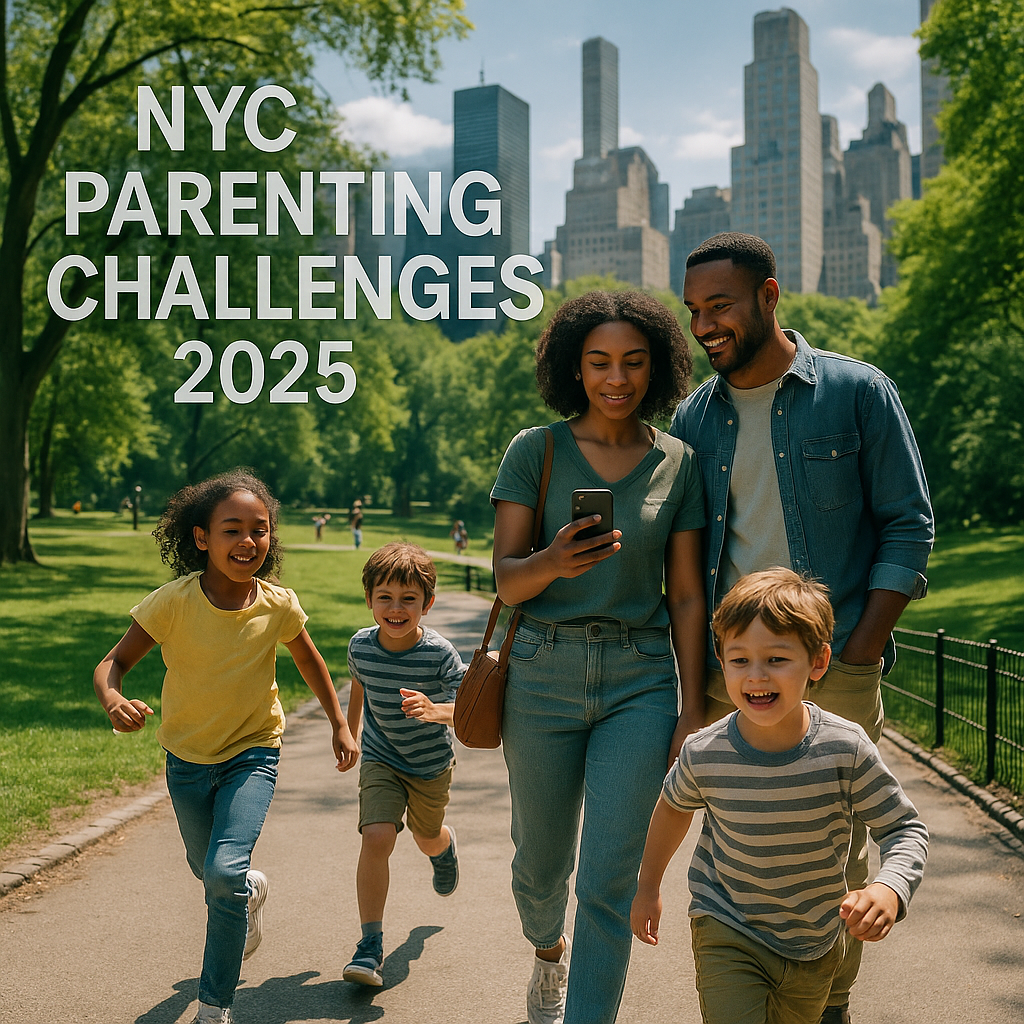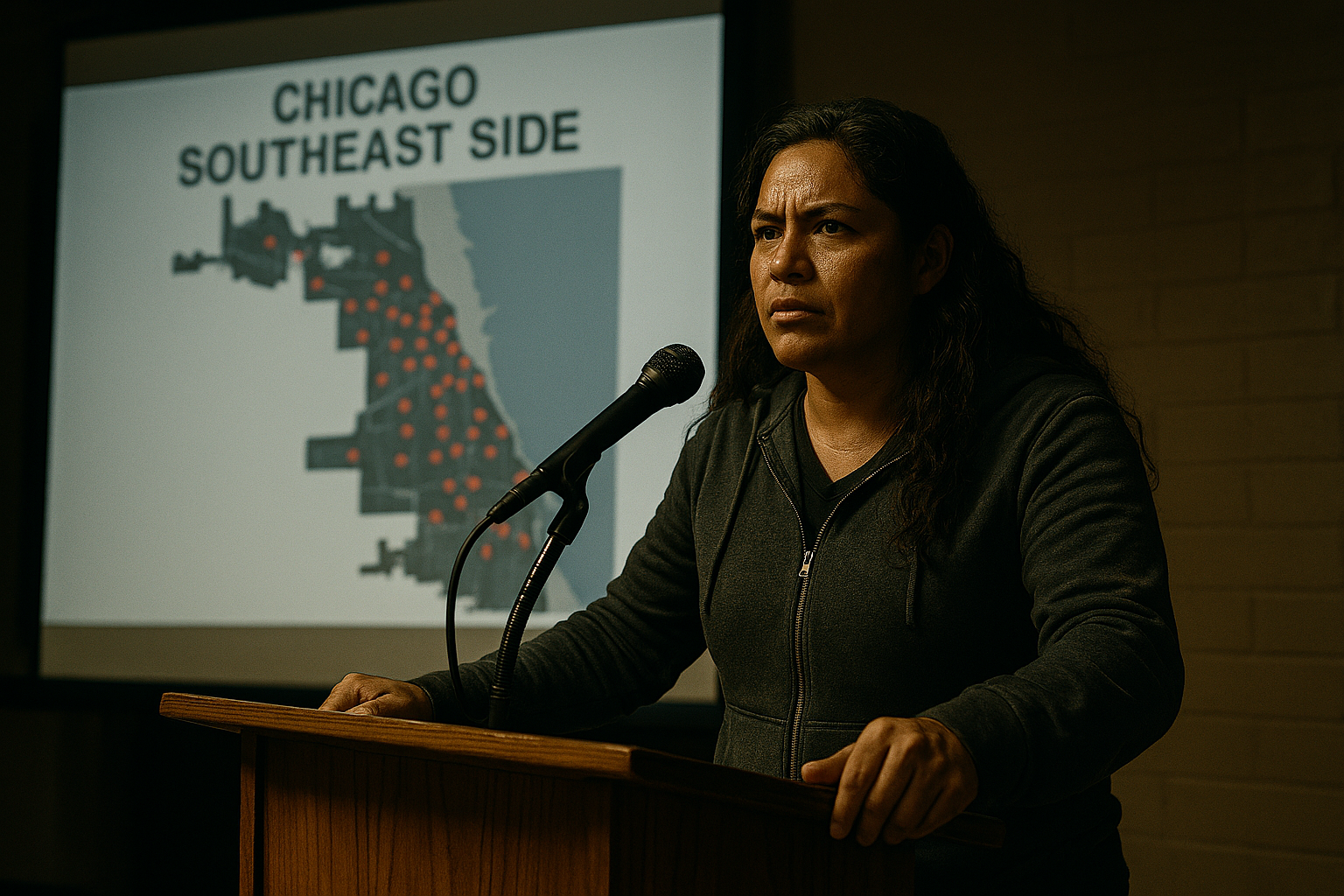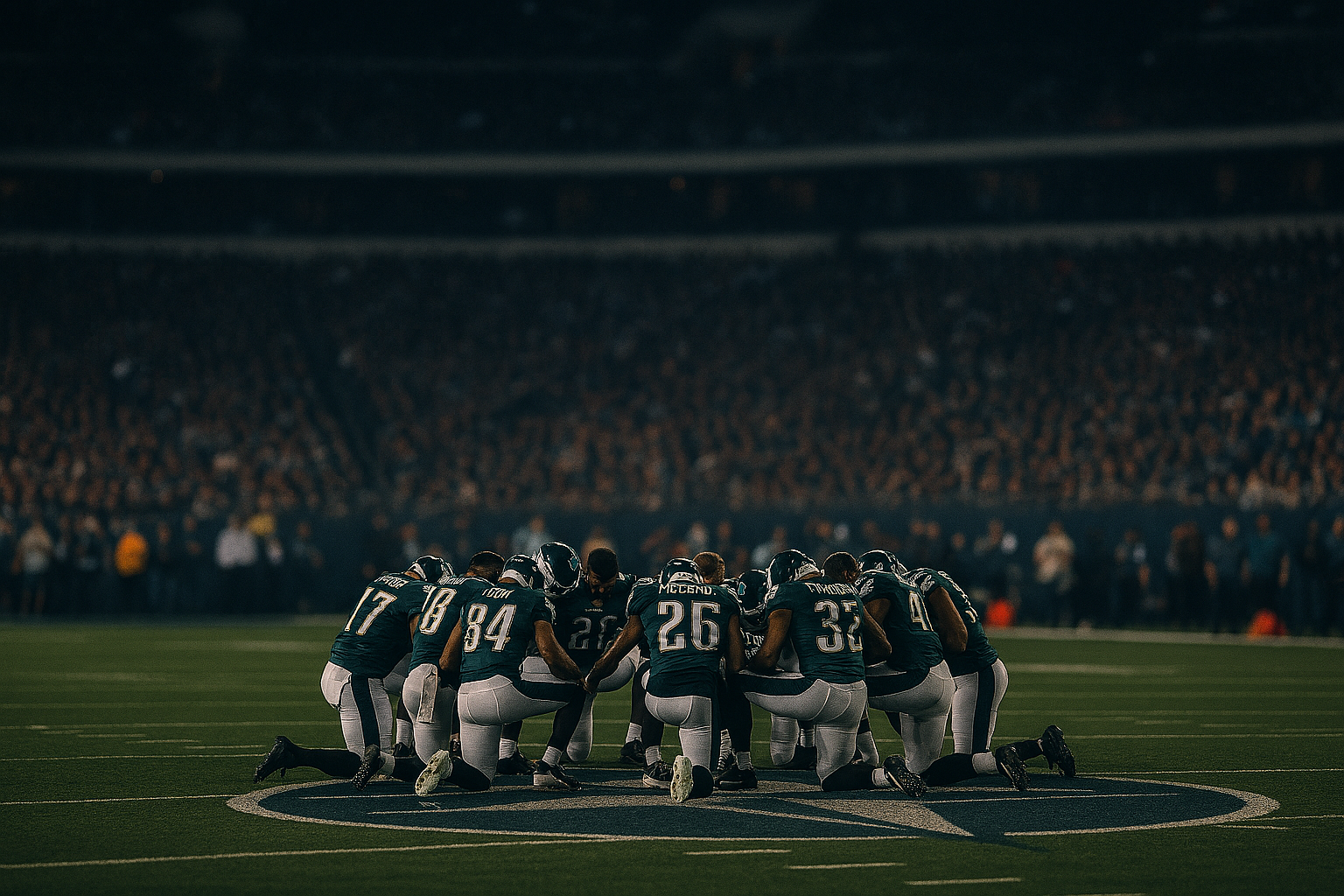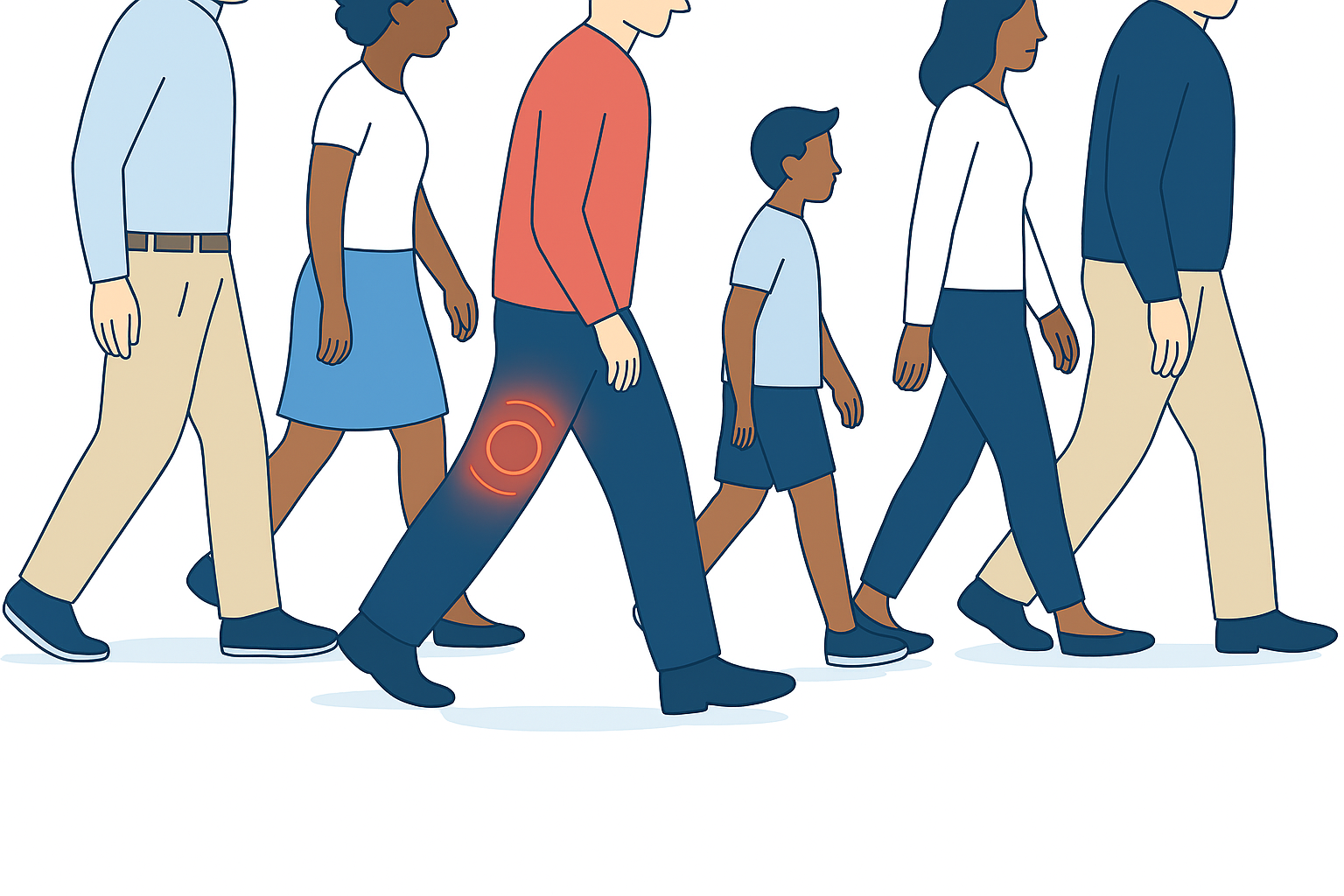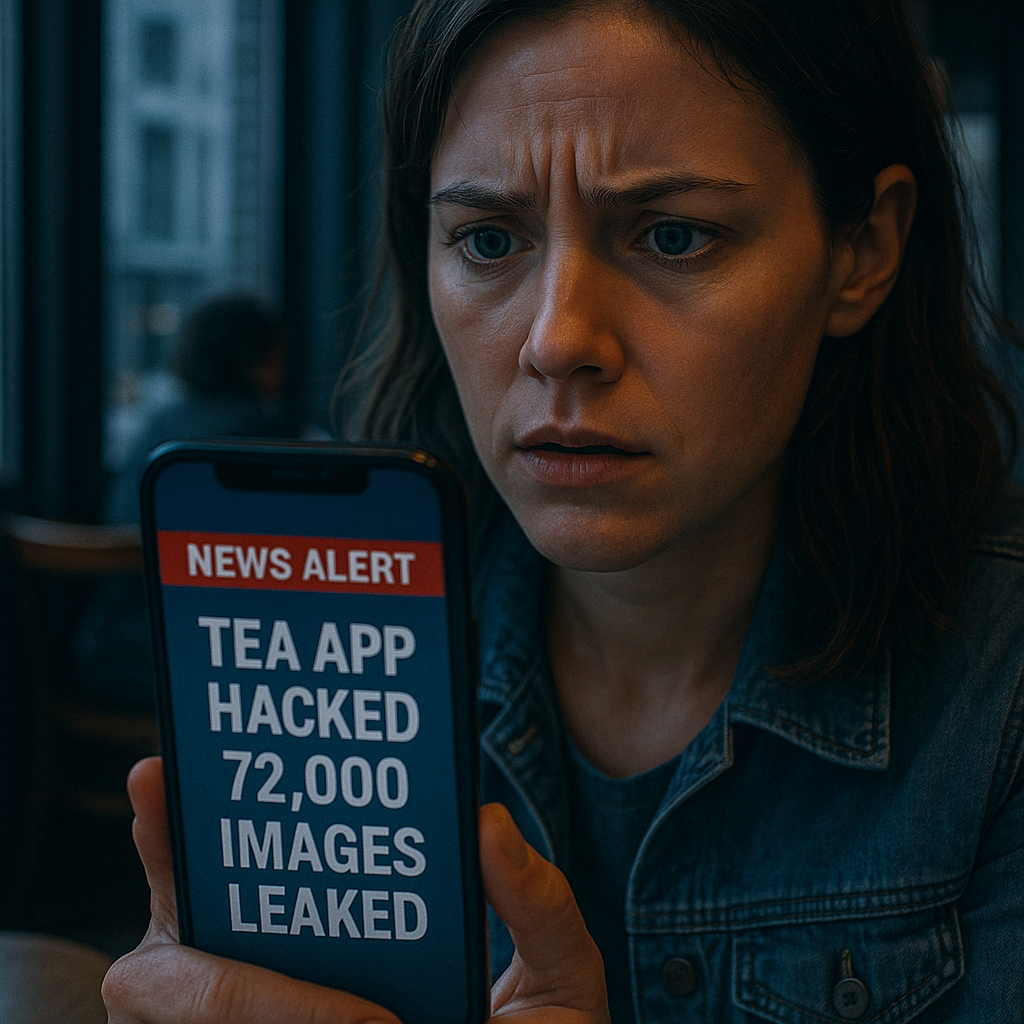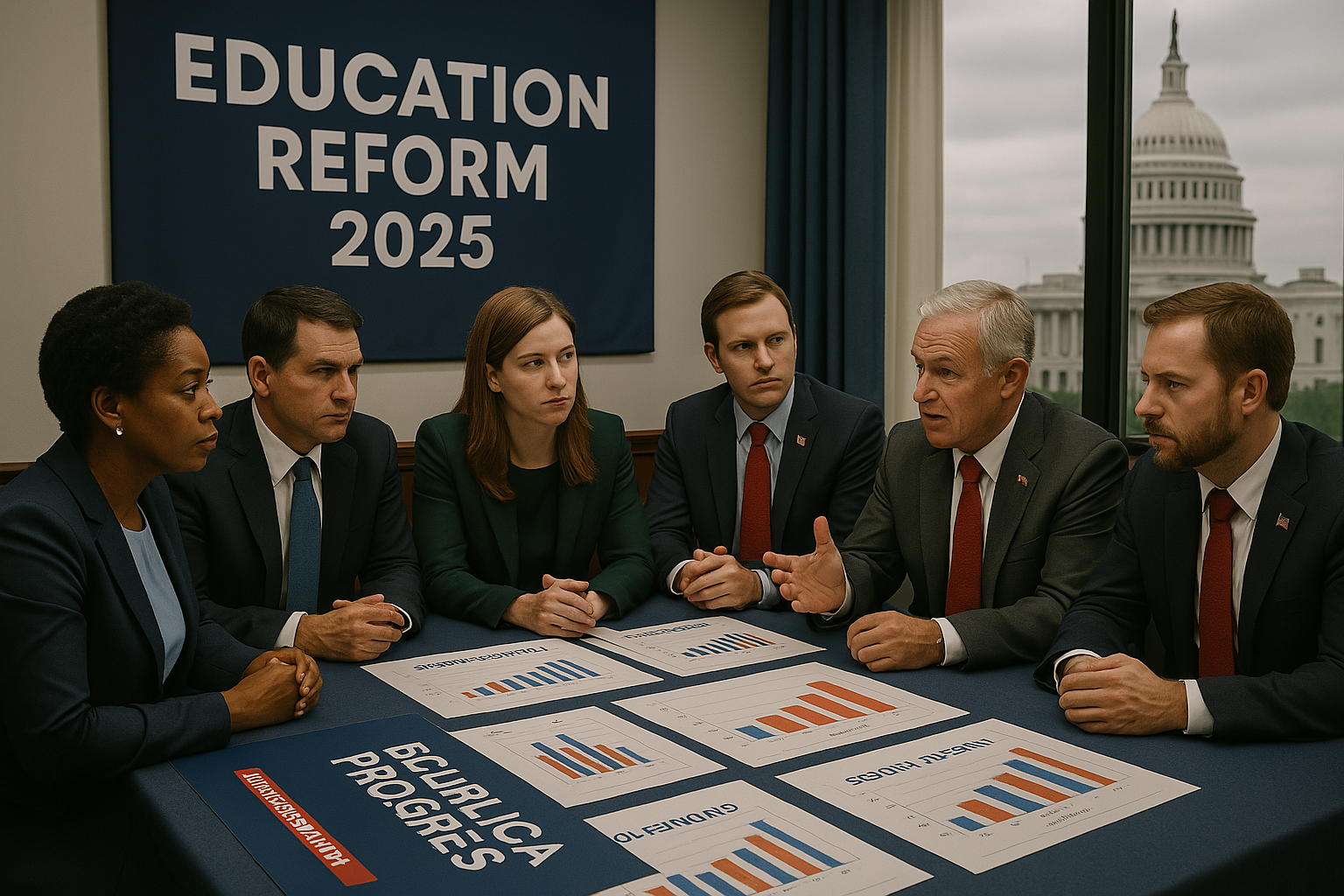Apple iOS 26 Could Harm Polling, Opinion Warns in 2025
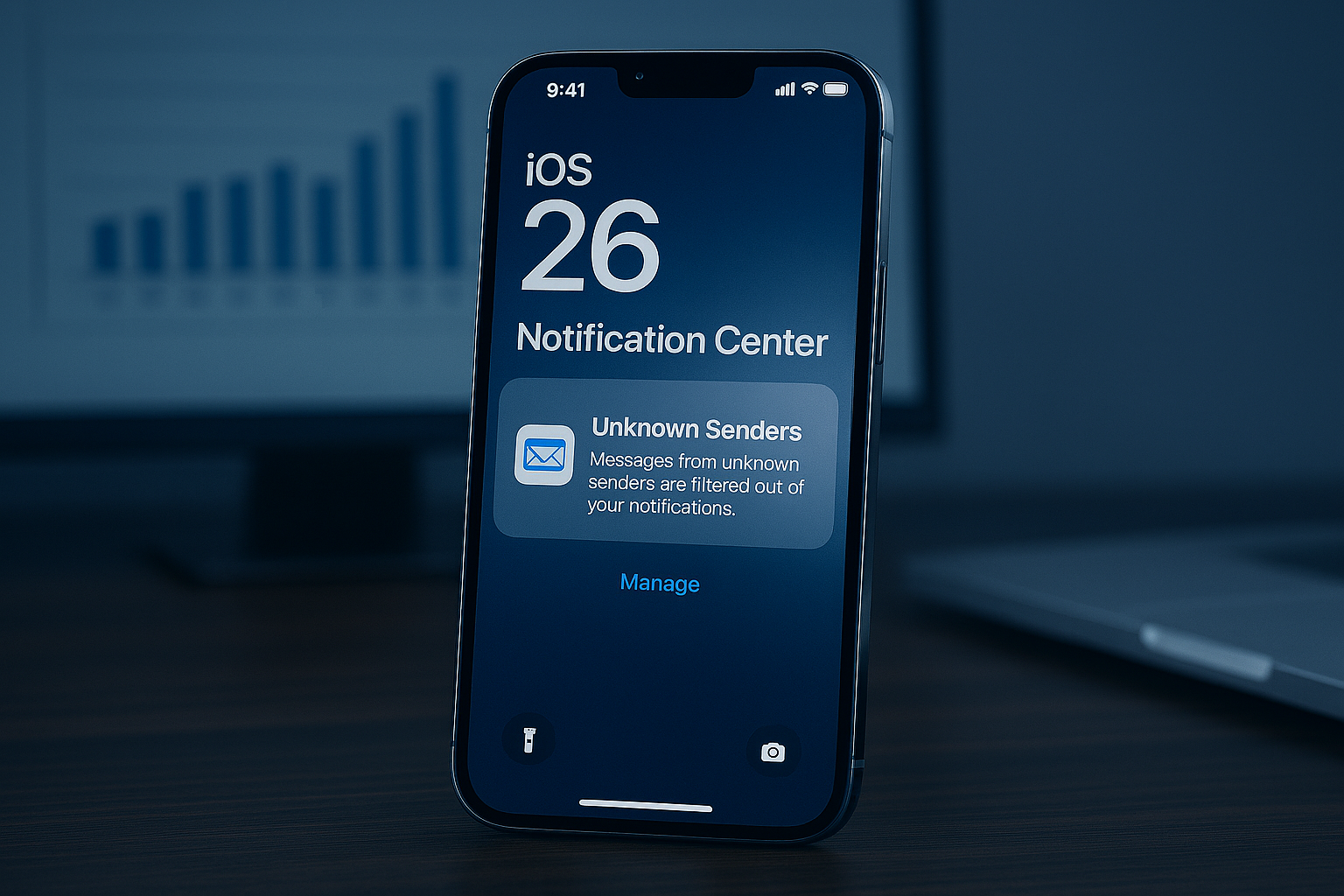
In an August 7, 2025, pollster Patrick Ruffini argues that Apple’s upcoming iOS 26 update could jeopardize democratic processes by filtering out legitimate survey texts and calls, effectively sending “democracy to the spam folder.” The Apple iOS 26 threatens polling 2025 claim suggests that this privacy feature may disrupt high-quality political and public health research. Amid broader 2025 events, from federal interventions to infrastructure crises, this opinion raises critical questions about technology’s role in civic engagement. Is Ruffini’s warning valid? This article analyzes his argument, its context, and its implications.
Ruffini’s Argument: iOS 26 and Polling Disruption
Ruffini, co-founder of Echelon Insights, contends that iOS 26’s spam filter, set to launch in September 2025, will segregate texts from unknown senders into an “unknown senders” screen and auto-respond to unknown calls, reducing their visibility. While aimed at curbing political spam, this could block surveys from outlets like The New York Times or NORC, which rely on mobile outreach for probability sampling. Ruffini warns that by 2028, local polling could “all but disappear,” skewing data and weakening accountability for elected officials. He argues that Congress’s historical exemptions for survey research under the 1991 Telephone Consumer Protection Act reflect its public value, which Apple’s filter undermines.
Polling’s Fragile State
Ruffini highlights polling’s evolution from landlines, where one-third of calls yielded responses, to mobile phones, where fewer than 1% of outreach attempts succeed. Text-based surveys have become critical for representative sampling, unlike opt-in online polls, which often lack local granularity. The iOS 26 filter could exacerbate declining response rates, particularly for state and local elections, where data is already scarce. Ruffini’s concern is rooted in the decline of local news, suggesting that without polling, public oversight of officials diminishes. However, he acknowledges potential solutions like third-party verification platforms (e.g., 10DLC) or AI to distinguish legitimate surveys.
Context: 2025’s Policy and Crisis Landscape
Ruffini’s opinion emerges amid significant 2025 events that underscore tensions between technology, governance, and public safety:
- UCLA Grant Freeze: On August 6, the Trump administration froze $584 million in UCLA grants over antisemitism claims, showing federal willingness to penalize institutions.
- Intel CEO Controversy: Trump’s August 7 demand for Intel CEO Lip-Bu Tan’s resignation over China ties reflects scrutiny of tech’s global entanglements.
- Canyon Fire: A 1,500-acre brush fire in California on August 7 highlights infrastructure vulnerabilities, paralleling concerns about tech’s unintended impacts.
- Franklin Township Homicide: A New Jersey double homicide, linked to police inaction, led to leadership suspensions, raising questions about institutional accountability.
These events frame Ruffini’s argument as part of a broader debate over how centralized decisions—by governments or corporations—shape public outcomes.
Reactions and Counterpoints
Ruffini’s piece sparked discussion on X, with some users supporting the spam filter, posting, “No more annoying poll texts!” while others echoed his concerns, noting, “Polls are how we know what voters want.” Apple has not responded, but its privacy-focused branding suggests the filter aligns with user demands. Critics of Ruffini’s view argue that users can adjust settings to allow trusted senders, and online polling could fill gaps, though it lacks the same representativeness. Supporters, including pollsters, emphasize that polling’s small share of messaging traffic doesn’t justify blanket filtering, citing historical protections for research.
Critical Analysis: Valid Concern or Overstated Fear?
Ruffini’s argument is compelling but leans on worst-case assumptions. The iOS 26 filter could reduce survey response rates, especially among iPhone users (about 60% of U.S. smartphone users), potentially skewing data toward Android users or those who check spam folders. However, his claim that local polling could vanish by 2028 overlooks adaptive strategies, like enhanced online panels or AI-driven verification. The comparison to local news decline is apt, as both weaken democratic accountability, but Ruffini underplays user agency in managing notifications. Critics might see this as pollster self-interest, given Echelon Insights’ reliance on mobile surveys, yet the public interest in accurate data is undeniable. Apple’s unilateral move, without carve-outs for research, risks unintended consequences, echoing broader 2025 themes of centralized control.
Conclusion
The opinion that Apple iOS 26 threatens polling 2025 highlights a critical tension between privacy and public good. Ruffini’s warning about disrupted surveys raises valid concerns about democracy’s data foundation, especially locally. In a year marked by federal overreach, infrastructure crises, and tech scrutiny, Apple’s filter adds to debates over who controls information flows. As pollsters and policymakers respond, the outcome will shape how public opinion is measured. Share your thoughts on this issue in the comments and follow for updates. What do you think about balancing spam protection with civic research?
